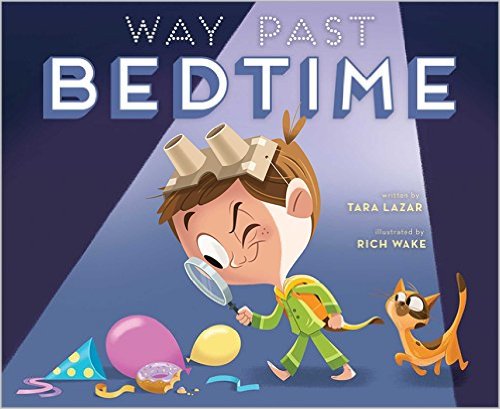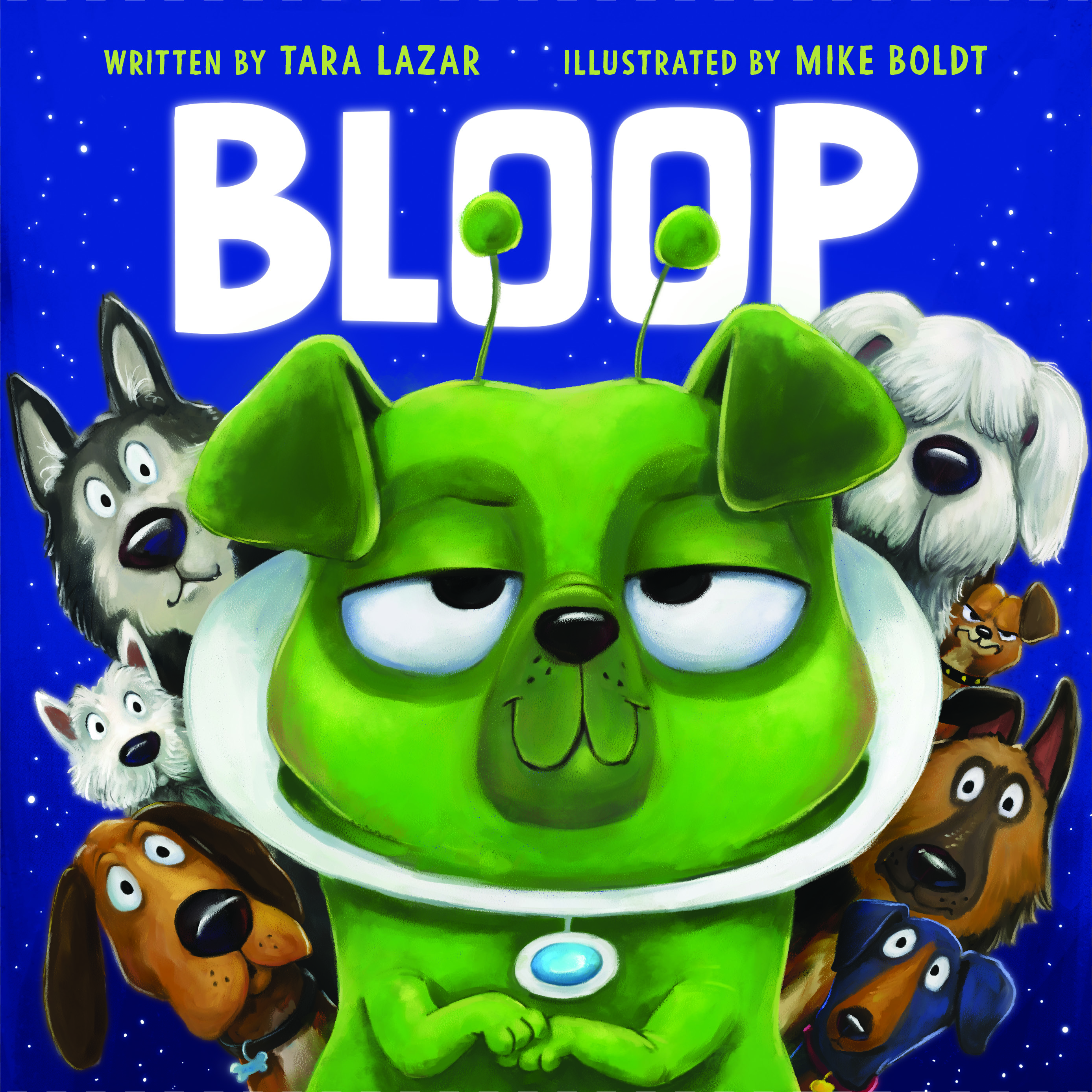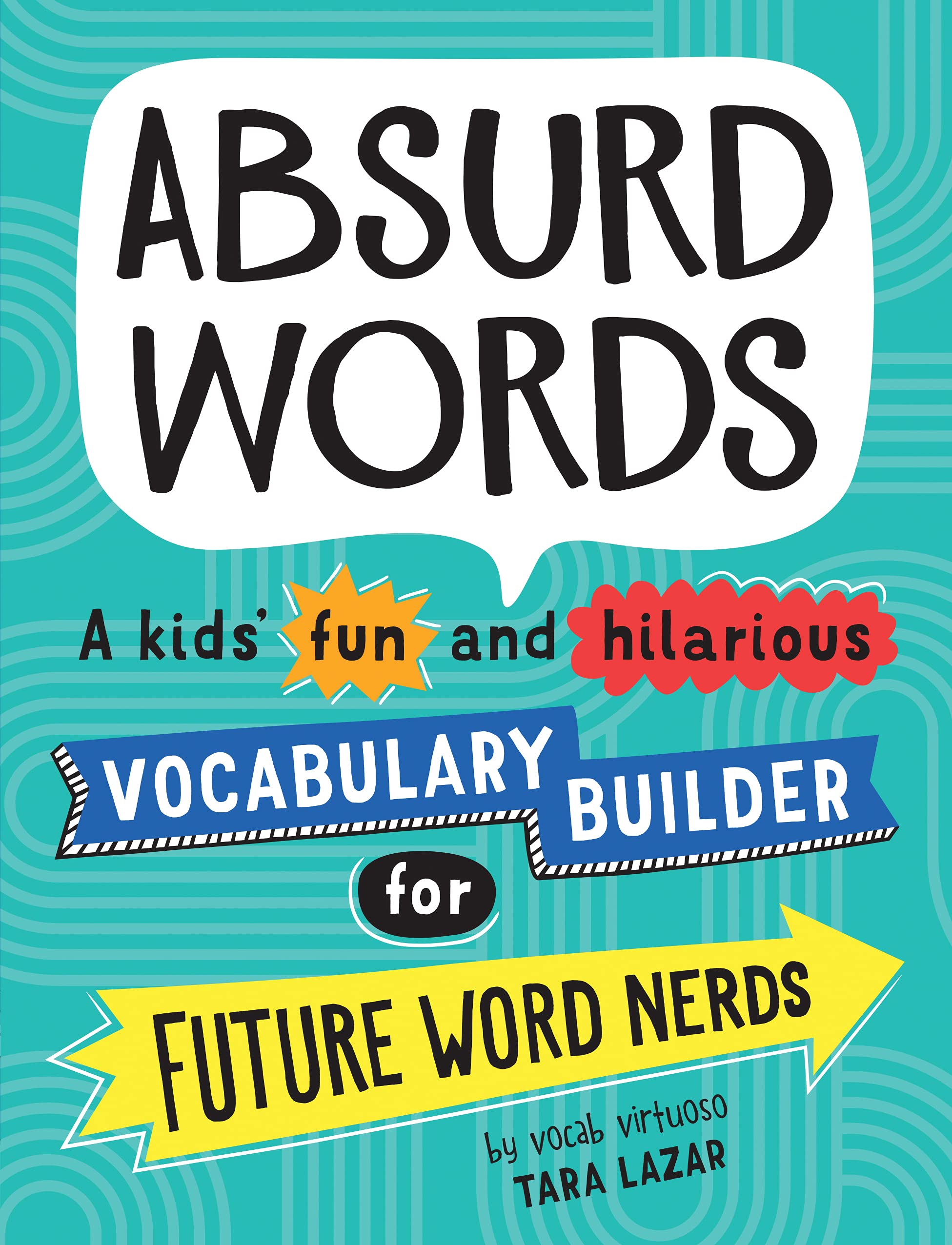 STORYTELLER: The Authorized Biography of Roald Dahl by Donald Sturrock cannot be missed, yet for two years I missed it. What is wrong with me? (Eh-hem, this is a rhetorical question, thankyouverymuch.)
STORYTELLER: The Authorized Biography of Roald Dahl by Donald Sturrock cannot be missed, yet for two years I missed it. What is wrong with me? (Eh-hem, this is a rhetorical question, thankyouverymuch.)
Roald Dahl remains one of the most iconic children’s authors of all time, yet he began his career writing macabre short stories based upon his experience in the Royal Air Force during World War II. Just how did he evolve into the fantastical children’s author we all love?
Sheila St. Lawrence, Dahl’s literary agent at the Watkins Agency, is to thank. She realized “the ease in which Dahl could enter a child’s mind,” clearly apparent in his short story “The Wish”. In the tale, a young boy dares to walk across a carpet by stepping only on its yellow portions. Should his foot slip onto another color, he thought he would “disappear into a black void or be killed by venomous snakes.” This story was the only adult Dahl piece to feature a child protagonist to date, and it could not escape St. Lawrence’s attention.
After a disastrous two-year foray into playwriting, St. Lawrence implored Dahl to turn his literary aspirations elsewhere. Yet he ignored her kidlit suggestion, wrote stories that got turned down by The New Yorker, and instead got placed in the far less desirable (but still paying) Playboy.
Dahl’s publisher Alfred Knopf expressed interest in a children’s book, but then dropped a collection of adult stories called “Kiss Kiss” from Knopf’s 1959 list. Dahl spouted some choice words in response, threatening that Knopf would never squeeze a children’s book out of him.
Dahl once again became focused on writing for actors, as he wished to develop vehicles for his wife at the time, screen star Patricia Neal. After all, if Neal was working steadily, her income afforded him more time to write what he wanted to write. There were shows for Hitchcock and a drama series for TV based upon classic ghost stories, produced by Alfred Knopf’s half brother. But when the pilot episode encountered a controversy, the series got permanently shelved and Dahl was forced to return to the idea that evolved into JAMES AND THE GIANT PEACH.
I will say “and the rest is history” here, although STORYTELLER is only halfway through Dahl’s life story at this point. So like Sheila St. Lawrence, I implore you to turn your literary aspirations toward it.
But before I go, it would be a shame not to share with you Dahl’s advice to children’s writers, as told to Helen Edwards in an interview for Bedtime Stories exactly 42 years ago:
What makes a good children’s writer? The writer must have a genuine and powerful wish not only to entertain children, but to teach them the habit of reading…[He or she] must be a jokey sort of fellow…[and] must like simple tricks and jokes and riddles and other childish things. He must be unconventional and inventive. He must have a really first-class plot. He must know what enthralls children and what bores them. They love being spooked. They love ghosts. They love the finding of treasure. The love chocolates and toys and money. They love magic. They love being made to giggle. They love seeing the villain meet a grisly death. They love a hero and they love the hero to be a winner. But they hate descriptive passages and flowery prose. They hate long descriptions of any sort. Many of them are sensitive to good writing and can spot a clumsy sentence. They like stories that contain a threat. “D’you know what I feel like?” said the big crocodile to the smaller one. “I feel like having a nice plump juicy child for my lunch.” They love that sort of thing. What else do they love? New inventions. Unorthodox methods. Eccentricity. Secret information. The list is long. But above all, when you write a story for them, bear in mind that they do not possess the same power of concentration as an adult, and they become very easily bored or diverted. Your story, therefore, must tantalize and titillate them on every page and all the time that you are writing you must be saying to yourself, “Is this too slow? Is it too dull? Will they stop reading?” To those questions, you must answer yes more often than you answer no. [If not] you must cross it out and start again.
For me, these are words to write by. Funny that he should utter them within days of my birth! (Wait a second, did I just reveal my age?! Eh-hem, this is a rhetorical question, thankyouverymuch.)
UPDATE: Whoopsie. I looked at the wrong footnote. The quote above is from a letter Dahl wrote to “The Writer” Magazine in October, 1975: “A Note on Writing Books for Children”.
















21 comments
Comments feed for this article
July 10, 2012 at 10:00 am
Kendra Lindell
So true!!!
July 10, 2012 at 10:15 am
Shelley Moore Thomas
Somehow I’ve missed this book, too!! Well, off to the library. thanks for the heads-up!
shelley
July 10, 2012 at 10:15 am
Mary Zisk
Love Dahl’s writing. Listened to the Chocolate Factory read by Eric Idle–brilliant voices!
July 10, 2012 at 10:20 am
Tara Lazar
Ooh, I must listen to that! You know Dahl went to school with another Monty Python alum, John Cleese.
July 10, 2012 at 10:31 am
Dustin Hansen
Fantastic review. I read this when it came out and it had a profound impact on me, as did many of his books growing up. The paragraph you pulled is such a great reminder. Bravo!
July 10, 2012 at 11:43 am
martidl
Really good article. Like I don’t already have a bunch of voices in my head…now I’m gonna have his as well and all his wonderful questions as I rewrite, rewrite, rewrite! Lol…
July 10, 2012 at 3:18 pm
Lauri meyers
Yes! Yes! I want to write like that. But how? How? I think I will try to write something macabre I wouldn’t want my kids to read. Maybe some creative spark will break loose.
July 10, 2012 at 4:55 pm
Alexa
Great stuff here. Thanks for sharing!
July 10, 2012 at 9:36 pm
tinamcho
Thanks for sharing your great find! My daughter enjoys his books, but sadly I never read them as a child. I’ll have to put them on my list!
July 10, 2012 at 10:12 pm
Cathy C. Hall
I LOVE Roald Dahl–and I love his creepy stories, too! And his website is really clever, too–one of my favorites. But only one of my three kidders really appreciated Dahl…and now that I think about it, he’s a little odd. Um, the kid, not Dahl. But now that I think about THAT…:-)
Thanks for his writing insights, Tara!
July 11, 2012 at 7:30 am
valerierlawson
wow! his essence of a children’s writer is dead on. love him! will have to find this book! great post.
July 11, 2012 at 8:51 am
Jenn DesAutels Illustrator
Happy Birthday Tara!
July 11, 2012 at 12:53 pm
Catherine Johnson
I love Roald Dahl, I think he is my second greatest influence behind Enid Blyton. Thanks so much for discovering this wonderful info and I’ll look out for that book for sure.
July 11, 2012 at 1:19 pm
julie rowan zoch
Thanks for the post Tara – hope you’ve also read his early-days memoir, Boy: Tales of Childhood, an absolute favorite read of mine. I still have my Dad’s copy of Kiss, Kiss, and agree it was a grand thing that someone was brave enough to constructively suggest this giant use his talents to administer his ‘marvelous medicine’ to all ages. And Cathy, I think Dahl wouldn’t have minded if you did find him odd!
July 13, 2012 at 8:21 pm
karadhya
Great post, Tara! Thanks 🙂
July 14, 2012 at 7:54 am
Jarm Del Boccio
I can see that we have our work cut out for us, Tara! It’s fascinating to discover the making of a children’s book author, and to know they don’t always begin with the desire to be one. Lots of good advice…a nice handy list. No mediocrity for PBs, that’s for sure!
July 31, 2012 at 6:31 am
Kele the King
Excellent post Tara. Dahl was truly incredible and every budding-children’s writer should read that quote! As I wish more writers would write weird and wonderful stories like he did. As a child I read his most popular novels and only recently discovered many more treasures that I had not heard of! here’s a good starting point for a Roald Dahl book list.
September 7, 2012 at 6:57 pm
Helen
I found myself rereading this article and sharing it with my writing group. What fabulous inspiration!
September 25, 2012 at 3:25 am
Write For Children
Good Information about Children’s writters……………..
Thank You
Nell Jone
December 26, 2013 at 12:55 pm
Mary Jane
What an inspiring post to read just after all the hustle and bustle of Christmas. Spent time with a six year old over the holiday and after reading this post, I realize how clever Mr. Dahl was in his understanding of young minds.
August 24, 2016 at 9:47 pm
Are you writing the right thing? | Christian Meneses
[…] came up with an article that quotes a letter Dahl wrote to “The Writer” Magazine in October, 1975. He explains, among […]